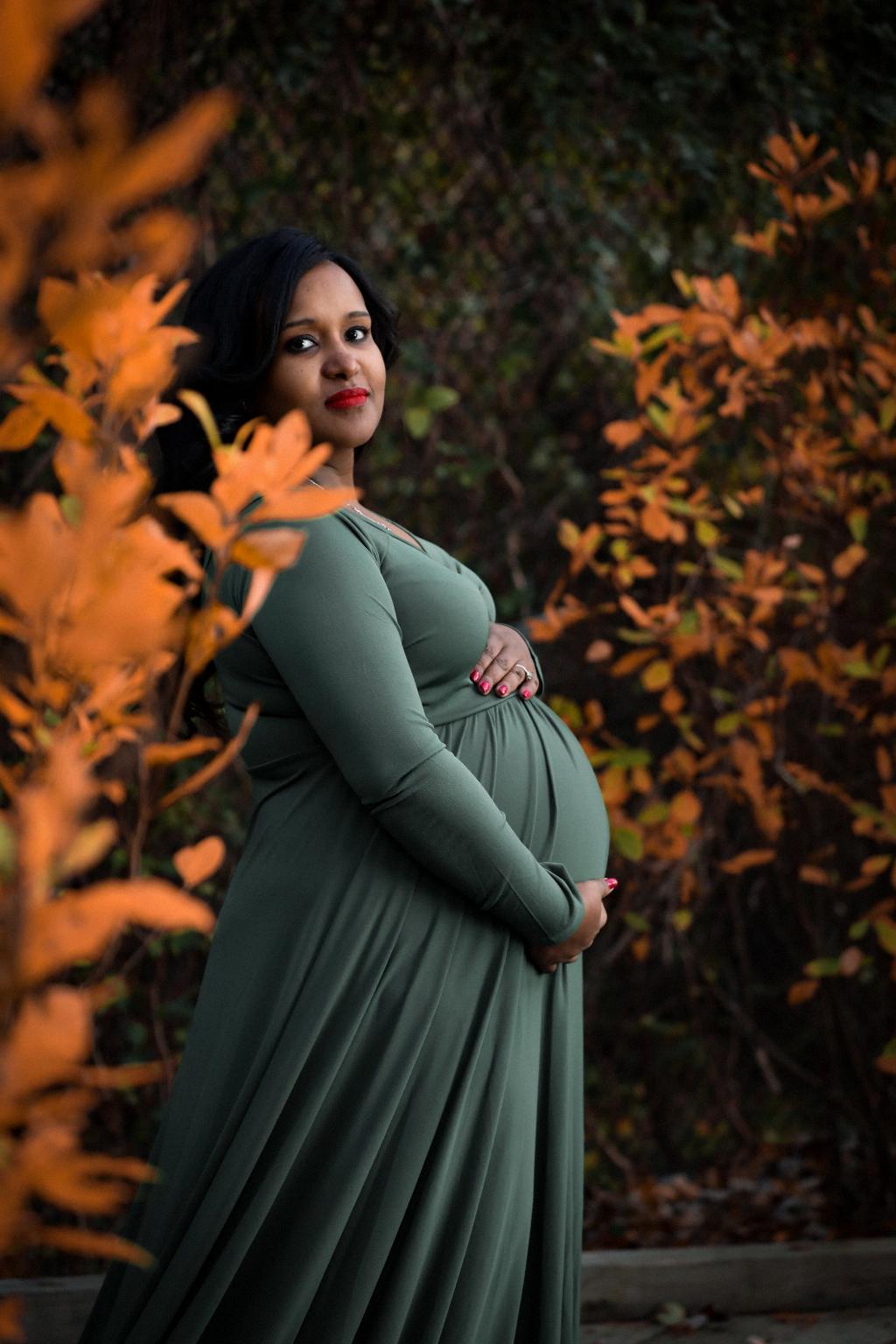When it comes to the early stages of pregnancy, the process of implantation plays a crucial role in the development of the embryo. Implantation occurs when a fertilized egg attaches itself to the lining of the uterus. This process can sometimes lead to various symptoms that women may experience, including spotting, cramping, and even changes in bowel movements.
Exploring the Link Between Implantation and Diarrhea
One of the lesser-known symptoms that some women may experience during implantation is diarrhea. While not as commonly discussed as other symptoms, such as nausea or breast tenderness, diarrhea can occur as a result of hormonal changes and increased blood flow to the pelvic region during the implantation process. This can lead to gastrointestinal issues and result in loose or watery stools.
The Role of Hormones in Digestive Changes
During early pregnancy, hormonal fluctuations, particularly an increase in progesterone levels, can affect various systems in the body, including the digestive system. Progesterone helps to relax smooth muscle tissue, including the muscles in the intestines, which can slow down the digestive process and lead to changes in bowel movements. This can contribute to episodes of diarrhea during implantation.
Other Factors Contributing to Digestive Upset
In addition to hormonal changes, other factors can exacerbate digestive issues during implantation. Stress, anxiety, changes in diet, or even pre-existing gastrointestinal conditions can all play a role in the development of diarrhea. It is essential to consider these factors when experiencing gastrointestinal symptoms during early pregnancy.
Seeking Medical Advice
If you are experiencing persistent diarrhea during the implantation period or have concerns about your symptoms, it is crucial to consult with a healthcare provider. Your doctor can help assess your condition, provide guidance on managing digestive upset, and ensure that any underlying issues are addressed appropriately.
Managing Digestive Symptoms
There are several strategies you can employ to help alleviate diarrhea during implantation. Staying hydrated, consuming a balanced diet rich in fiber, avoiding trigger foods, and practicing relaxation techniques can all aid in improving digestive health. It is essential to listen to your body and prioritize self-care during this time.
Monitoring Your Symptoms
Keeping track of your symptoms and monitoring any changes can provide valuable insights into your health and well-being during early pregnancy. Note any patterns or triggers that may be contributing to your digestive upset and discuss these findings with your healthcare provider for further evaluation and guidance.
Embracing Self-Care Practices
During the implantation period and early stages of pregnancy, self-care is paramount in promoting overall wellness. Engage in activities that help reduce stress, prioritize adequate rest and relaxation, and maintain a healthy lifestyle to support your body through this transformative journey. Remember to listen to your body’s cues and take steps to nurture yourself.
Understanding Individual Variations
It is important to recognize that every woman’s experience with implantation and early pregnancy symptoms can vary. While some may experience diarrhea as a result of hormonal changes, others may not exhibit this symptom at all. Each person’s body responds differently to pregnancy, highlighting the unique nature of the journey.
Ensuring Overall Well-Being
Ultimately, the occurrence of diarrhea during implantation should be viewed within the context of your overall health and well-being. While it can be a common symptom for some women, it is crucial to prioritize self-care, seek medical advice if needed, and approach your pregnancy journey with attentiveness and care. Remember that every individual’s experience is valid and unique.

